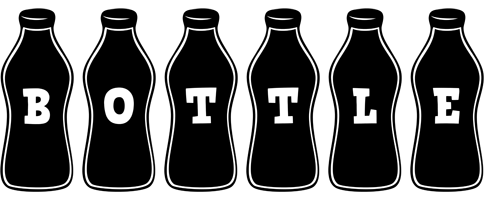Small business loans play a critical role in supporting entrepreneurship and fueling the growth and success of small businesses across the United States. These loans provide essential capital that enables entrepreneurs to start, expand, or sustain their ventures, driving innovation, job creation, and economic development. Here's a comprehensive overview of small business loans:
### Understanding Small Business Loans
Small business loans are financial products specifically designed to meet the unique financing needs of small businesses. These loans can be used for various purposes, including starting a new business, purchasing equipment or inventory, hiring employees, expanding operations, or managing cash flow. Small business loans come in different forms, each with its own terms, eligibility requirements, and repayment options.
### Types of Small Business Loans
1. **SBA Loans:** Small Business Administration (SBA) loans are backed by the federal government and offered through participating lenders, such as banks and credit unions. These loans offer favorable terms and lower interest rates, making them attractive options for small businesses. Types of SBA loans include 7(a) loans, CDC/504 loans, and microloans.
2. **Term Loans:** Term loans are traditional loans with a fixed repayment term and interest rate. These loans are suitable for financing large purchases, expansion projects, or other long-term investments in the business.
3. **Lines of Credit:** Business lines of credit provide access to a revolving credit facility that can be used for ongoing expenses, working capital needs, or unforeseen emergencies. Borrowers can draw funds as needed, repay them, and reuse the credit line as necessary.
4. **Equipment Financing:** Equipment loans allow businesses to purchase or lease equipment, machinery, or vehicles needed for operations. The equipment serves as collateral for the loan, reducing the lender's risk and potentially leading to lower interest rates.
5. **Invoice Financing:** Invoice financing, also known as accounts receivable financing, involves using unpaid invoices as collateral to secure a loan. This type of financing can help businesses maintain cash flow and bridge gaps between invoice issuance and payment.
### Features of Small Business Loans
- **Loan Amounts:** Small business loans range in size from a few thousand dollars to several million dollars, depending on the lender, the borrower's creditworthiness, and the purpose of the loan.
- **Interest Rates:** Interest rates on small business loans vary depending on factors such as the type of loan, the lender's policies, prevailing market rates, and the borrower's credit profile. SBA loans typically offer lower interest rates than conventional loans.
- **Collateral Requirements:** Some small business loans require collateral to secure the loan, while others may be unsecured, relying solely on the borrower's creditworthiness and business viability.
- **Repayment Terms:** Small business loans may have fixed or variable repayment terms, ranging from a few months to several years. Longer loan terms result in lower monthly payments but may incur higher overall interest costs.
### Considerations Before Taking Small Business Loans
- **Business Plan:** Develop a comprehensive business plan outlining your business goals, strategies, market analysis, and financial projections. A well-prepared business plan can strengthen your loan application and demonstrate your ability to repay the loan.
- **Creditworthiness:** Maintain a strong personal and business credit history to improve your chances of qualifying for favorable loan terms. Pay bills on time, minimize debt, and monitor your credit report for accuracy.
- **Collateral and Guarantees:** Determine whether you have sufficient collateral or assets to secure the loan, and be prepared to provide personal guarantees if required by the lender.
- **Loan Terms and Fees:** Review the terms, fees, and repayment schedule of small business loans from different lenders to find the most suitable option for your business needs. Pay attention to factors such as interest rates, origination fees, prepayment penalties, and closing costs.
### Conclusion
Small business loans serve as lifelines for entrepreneurs, providing essential funding to start, grow, and sustain small businesses. By understanding the types, features, and considerations associated with small business loans, entrepreneurs can navigate the borrowing process effectively and make informed decisions that support their business goals and aspirations. It's essential to carefully evaluate loan options, plan for repayment, and leverage financing wisely to maximize the potential for business success and long-term growth.


0 Comments